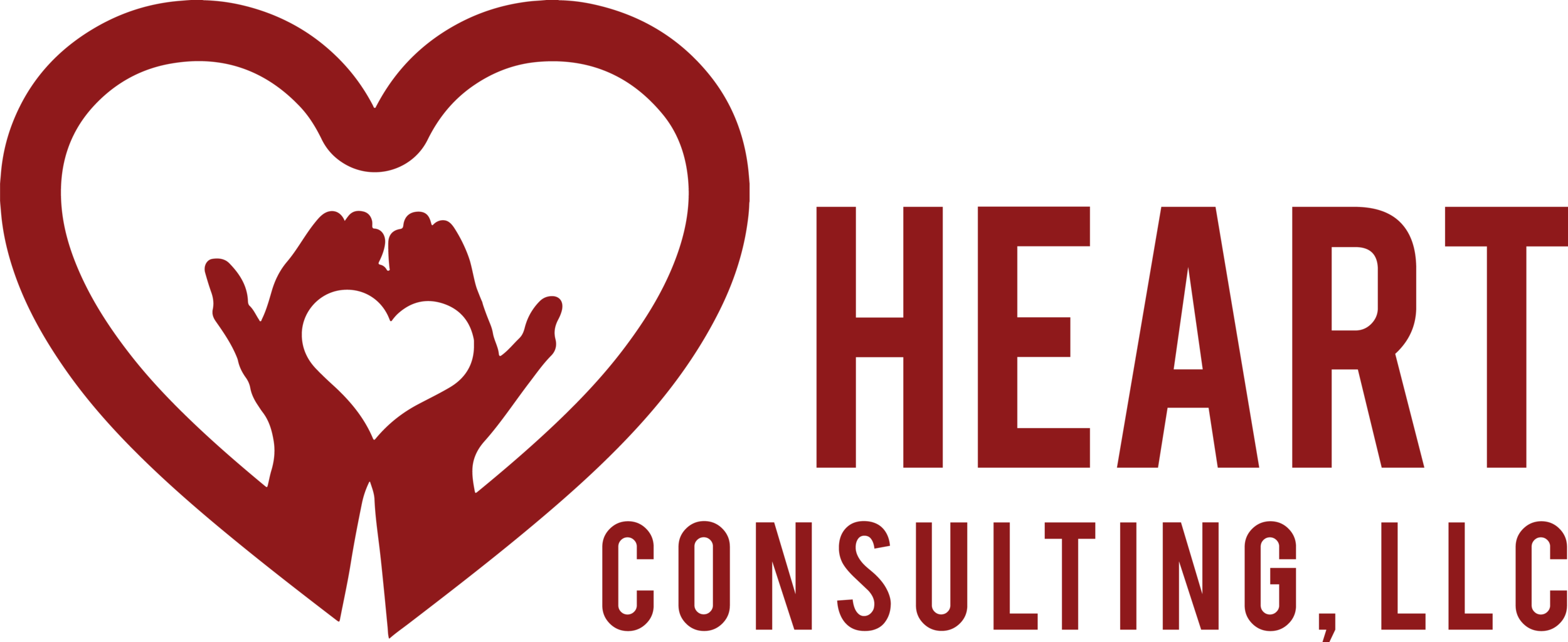Sexual Harassment and Disability
Last week, I met with a vocational agency to not only share information about Heart Consulting, but to also discuss the issue of sexual harassment in the workplace. There are so many conversations to have around this topic, whether someone has a disability or not, as there is still a lot of confusion about what constitutes sexual harassment.
Many people assume that people with disabilities do not experience sexual harassment, frequently due to attitudes around disability and sex. However, a recent study found that 69% of women and 39% of men, both with disabilities, experienced some form of sexual harassment in their lifetime (source)
Like sexual assault and domestic violence, sexual harassment is about power and control. It's about intimidating and humiliating another person. It can happen at work, on the street, or in our own homes. So it's important to have conversations with people with disabilities to define what sexual harassment is, distinguishing "appropriate" behavior from inappropriate, and knowing how to report.
Sexual harassment can be verbal, including homophobic slurs, offensive comments or "jokes" about one's gender, asking someone out on a date repeatedly after they have said no, and sexually explicit talk. While the law does not prohibit "teasing" and offhand comments, it is illegal if it gets to the point of creating a hostile environment. For example, someone who speaks out against these comments, and is fired, demoted, or given few opportunities for advancement.
These days, it is all too common to use technology as a means of sexual harassment. For example, sending lewd photos, explicit texts or online messages, cyber stalking and trolling. It is a good idea to take a look at privacy settings, review how to report any incidents online, and how to be safe online.
Finally, sexual harassment can be physically aggressive. For example, flashing/indecent exposure, being physically followed and touched, or brushed up against in a sexual way.
Make sure your son, daughter, or client knows these definitions. It can be difficult to distinguish when a comment crosses the line, and that includes for people without disabilities. Provide examples of what is okay and not okay, such as it's okay for someone to say "nice shirt!" but it's not okay for someone to say "your butt looks good in those pants". Discuss why these two comments are different, and how to be assertive in these situations. If it happens at work, make sure your vocational agency and employer have a process set up for reporting sexual harassment. In addition, make sure your son/daughter/client knows not only how to set boundaries, but how to respect others. Often when someone with a developmental disability gets in trouble at work for an inappropriate comment, it's because no one talked to them about workplace boundaries and behavior.
Ellen Merker will be providing a training on sexual harassment in the workplace and disability in September, as well as speaking on the topic at the Project Search National Conference in August. Keep an eye out on Heart's website for details and registration info!
Thanks for reading!
Ellen Merker
Owner, Heart Consulting LLC
